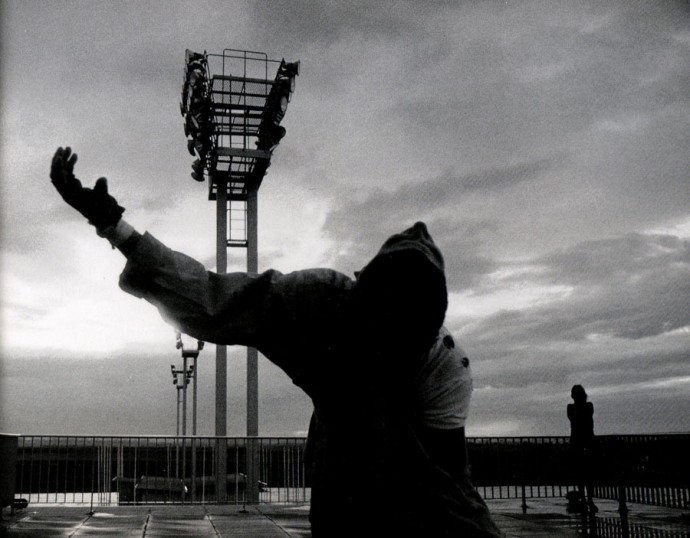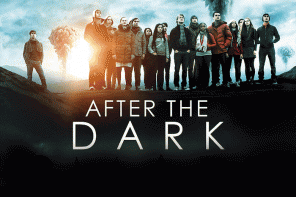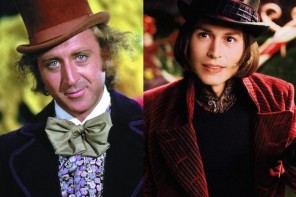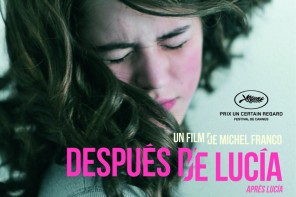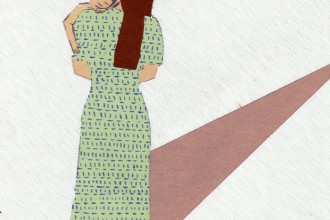La Jetée (1962) by Chris Marker
The dark crevices of human emotion and torturous mental control are explored in Chris Marker’s, “La Jetée”. With indicative photography and purposeful transitions, Marker’s film not only takes the viewer on a journey of questioning even the most basic human function of remembrance, but also reveals the danger that comes with total acquiescence to the state.
Set in post WWIII Paris, “La Jetée” details the lives of the last human remnants of the civilized world. It focuses particularly on a ragged, closely monitored member of this group who struggles to survive while residing under the Earths’ surface. Living in what seems to be a nuclear winter, the rulers of this underground nation perform experiments on the remaining humans, seemingly to find any means to improve their overall situation. In the case of the main character, these experiments take the form of mind manipulation and toying with ones’ own memories.
Written in 1962, “La Jetée” has prominent undertones of post WWII and Cold War paranoia. The fact that antagonist “Dr. Frankenstein” and his crew of pseudo-medical accomplices are whispering in German whilst performing forced experiments on neo-slaves is no coincidence. It is almost as if, under the veil of science fiction, the film maker is offering his personal version of a dystopic state as a warning to an unsuspecting audience. The scientists, in a way representing the over arching control of the state as a whole, are able to abuse and coerce the main character under the guise of helping the greater good – in this case the greater good being the survival of the human race. In a clever manner, the film uses photographs of a destitute and oppressed majority at the hands of the ruling class, therefore propping up the idea that the “greater good”, being used as a justification for torture, is indeed a deceit.
Deserving mention, and less conspicuous than the brazen use of the German language to represent totalitarian control, is the actual memory of “La Jetée”, or the pier, held by the main character. Throughout the film, the possibilities of time travel are explored through the use of memories as a focal point for moving into one era and out of another. For the principle character, these memories take the form of a mysterious beauty standing on a pier during what has come to be known as “peace time.” This image of the unknown woman is what keeps the main character going throughout the film; it is his own motivation and becomes his sole purpose for continuing on. It is only towards the end of the film that it is revealed that this entire memory was used as a method of perverted control. The scientists were aware that the face of this woman would allow, and almost encourage, time travel by the film’s heroine and used it for this purpose only. Once the state acquires the knowledge it needs, the experiment is over and the main character is no longer allowed to return to the fleeting moments he shared with this woman; his personal peacetime is over.
The memories of this woman are lucid moments in a world gone mad, and it is never clearly explained what parts of these memories are abstract wishes and which are real moments in time. Such lack of emphasis on the reality of it all shows the superfluous nature of the slave to the state. Importance is placed on the emotion and feeling of being in that exact moment with the woman, and little care is given to the facts. The pure humanity felt in this idea of a safety zone within ones’ own mind is a testament to the humanity lost in the lack of individual thought that occurs within a state on complete control. The main character is literally more free in his skewed memories than he is in the oppressed reality he calls home.
“La Jetée” is a film of many facets, and touches on issues of liberation and suppression. It is a rejection of nationalism and an embrace to personal freedoms, whether said freedoms are found in our own surroundings or in the twisted memories upon which we place so much importance.

